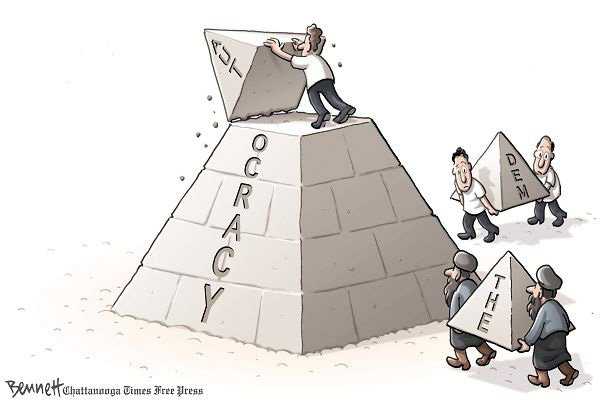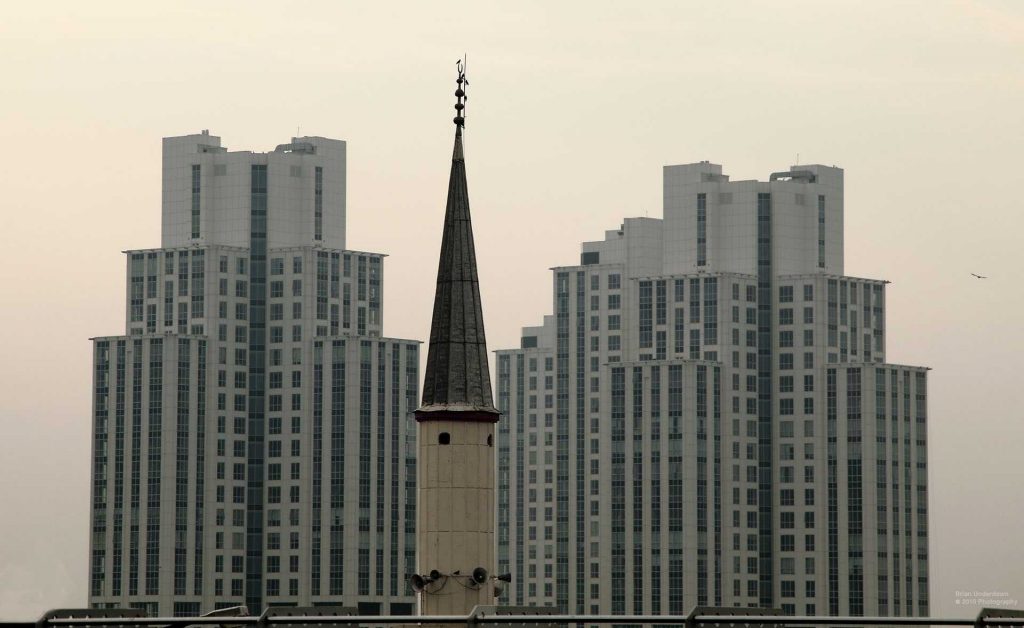By Manik Mehta, Special to Gulf News
Published: August 03, 2008, 23:35
Turkey’s relations with the US went through a rollercoaster, last October, when the US Congress passed a resolution on Armenia, describing the killings of Armenians during the First World War in the Ottoman empire as “genocide”. This had angered Istanbul which was already riled by the war in Iraq from where the Kurdish Workers’ Party (PKK) launched attacks on Turkey.
However, US-Turkish relations considerably improved, particularly after the warm welcome to Turkish President Abdullah Gul during his visit to Washington earlier this year. The ensuing strategic cooperation between the two sides is a manifestation of what Gul called a “new chapter” in bilateral relations.
Although Turkish public opinion is unfavourable against the US, the strategic cooperation has, meanwhile, resuscitated the relationship between the two Nato partners. Kurdish nationalism is Ankara’s Achilles’ heel; it has brought Turkey closer to Iran which has its own Kurdish problem and has found a common cause with Turkey. Additionally, both sides have a vibrant trading and economic relationship.
While critics fear that closer Turkish-Iranian ties will have ramifications for US-Turkish relations, others see an opportunity. Turkey’s close ties with Iran should be used to persuade the latter to renounce its nuclear programme which is causing a lot of concern to the US and, particularly, Israel which has been the target of Iranian President Mahmoud Ahmadinejad’s belligerent outbursts.
US-Turkish contacts have recently intensified on Iran’s nuclear programme. President George W. Bush’s National Security Adviser, Stephen Hadley, met Turkish Foreign Minister Ali Babacan in July in Ankara – just before Iranian Foreign Minister Manouchehr Mottaki arrived in Turkey – to send, apparently, a carrot-and-stick message on Iran’s nuclear programme. Subsequently, US and Iranian representatives met, for the first time in three decades, at the six-nation meeting in Geneva to discuss Iran’s nuclear programme.
Indeed, Mottaki sounded unusually conciliatory, even calling the presence of Undersecretary of State William Burns, the third senior-most American diplomat, at the talks as “a new positive approach”. Turkey has apparently played a quiet role in Mottaki’s moderate reaction which was a far cry from Ahmadinejad’s fiery rhetoric. Though glaring fundamental differences between the two will persist, an atmospheric improvement, with some help from Turkey, could bring both sides on “talking terms”.
Iran’s testing of two separate rounds of long-range ballistic missiles in early July has also unnerved not only the United States and Israel, but also the Gulf Arab states. The missile firing was intended to send different messages to different audiences. The missile tests warn the West that Iran, which has strengthened its presence in the Strait of Hormuz, could target oil shipments from the Arabian Gulf ports and deal a crippling blow to the Western and also the oil-driven Arab economies.
They were also aimed to silence Iran’s domestic critics, frustrated with the regime’s ruinous economic policies, by whipping up nationalist fervour and take the wind out of the critics’ sail.
Rapprochement
According to some American strategists, Turkey would be willing to bring about the rapprochement between the US and Iran, and thus prevent a military conflict. On the other hand, the hardcore Iranian leadership would prefer making concessions on the nuclear issue to Muslim Turkey rather than directly to the US.
Indeed, some Americans argue that by allowing it a face-saving withdrawal, Iran could be persuaded to eventually abandon its nuclear programme. The Iranian people desperately want an end to the West-backed sanctions against their country which is treated like a pariah at every international venue because of their unpopular regime.
Indeed, the regime knows this and also the fact that it will not be able to stop for long the tide of public disenchantment with its dogmatic attitude. This is a good time for the US to take more Turkish help and resolve the stalemate with Iran.
Manik Mehta is a commentator on Asian affairs.
Source: Gulf News, August 03, 2008






